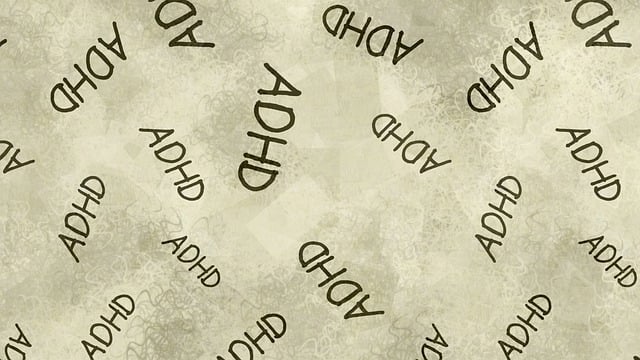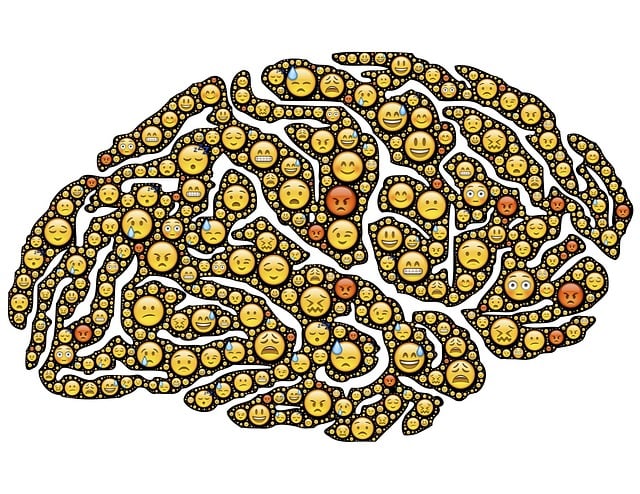Trauma has long-lasting effects on mental and physical health, leading to various symptoms. Dialectical Behavioral Therapy (DBT), an evidence-based approach, offers a transformative solution for adults with trauma. DBT equips individuals with skills in distress tolerance, emotion regulation, mindfulness, and interpersonal effectiveness, enabling them to manage their trauma's aftermath and improve overall well-being. It also plays a crucial role in preventing burnout among healthcare providers supporting trauma survivors. Effective services like Therapy for Adults incorporating DBT teach emotional regulation and coping strategies, promote social connections, and foster emotional well-being, transforming lives through evidence-based practices.
Trauma can have profound, lasting effects on adults, shaping their emotional landscapes and interactions. Understanding trauma’s complex nature is crucial for providing effective support. This article delves into the impact of trauma on adults and explores Dialectical Behavioral Therapy (DBT), a game-changer in therapeutic approaches. We discuss how DBT equips individuals with coping skills to navigate life’s challenges, fostering healing. By understanding trauma and implementing evidence-based therapies like DBT, we can enhance trauma support services for adults seeking recovery.
- Understanding Trauma and its Impact on Adults
- Dialectical Behavioral Therapy (DBT): A Therapeutic Approach for Healing
- Providing Effective Trauma Support Services
Understanding Trauma and its Impact on Adults

Trauma, a profound and often shattering experience, leaves its imprint on the mind and body of adults in ways that can be complex and far-reaching. It’s crucial to recognize that trauma doesn’t simply fade away; it requires targeted support for healing. The impact can manifest as a myriad of symptoms, from flashbacks and nightmares to emotional dysregulation and relationship difficulties. These challenges often underscore the need for specialized therapy for adults who have experienced traumatic events.
One such evidence-based approach gaining recognition is Dialectical Behavioral Therapy (DBT). DBT equips individuals with valuable skills in distress tolerance, emotion regulation, mindfulness, and interpersonal effectiveness. By fostering emotional intelligence and self-care practices, this therapy empowers adults to navigate their trauma’s aftermath more adaptively. Moreover, it plays a pivotal role in burnout prevention strategies for healthcare providers who frequently encounter individuals struggling with traumatic experiences, helping them to offer compassionate, effective support.
Dialectical Behavioral Therapy (DBT): A Therapeutic Approach for Healing

Dialectical Behavioral Therapy (DBT) is a highly effective therapeutic approach designed to support individuals struggling with trauma and complex emotional challenges. This therapy focuses on helping adults develop healthier coping mechanisms, enhance emotional regulation skills, and improve their overall quality of life. DBT combines cognitive-behavioral techniques with concepts from mindfulness practices, providing clients with powerful tools to navigate intense emotions and distressing thoughts.
Through structured sessions, individuals learn communication strategies that foster effective interactions and build strong relationships. This is particularly beneficial for those who have experienced trauma, as it encourages open dialogue and supports the development of healthy attachment styles. DBT also involves a comprehensive risk assessment for mental health professionals, ensuring a safe and supportive environment where clients can explore their traumatic experiences while learning to manage triggers and prevent relapse.
Providing Effective Trauma Support Services

Effective trauma support services are crucial for helping individuals navigate and overcome their traumatic experiences. One proven approach is Therapy for Adults that incorporates Dialectical Behavioral Therapy (DBT) techniques. DBT focuses on teaching skills in emotional regulation, distress tolerance, mindfulness, and interpersonal effectiveness, empowering clients to manage intense emotions and build resilient coping strategies. This therapy helps trauma survivors develop healthy ways to process their feelings and interact with others, promoting emotional well-being through a structured and supportive environment.
Additionally, social skills training, an essential component of comprehensive trauma support, equips individuals with the tools needed to form and maintain meaningful relationships. By combining DBT with targeted training in communication, assertiveness, and empathy, trauma survivors can rebuild their social connections and create supportive networks that contribute to their overall healing and recovery. These evidence-based practices are transforming lives by offering effective pathways towards emotional regulation and improved quality of life.
Trauma support services have evolved to include effective approaches like Dialectical Behavioral Therapy (DBT), which offers profound healing for adults struggling with trauma. By understanding the impact of trauma and implementing evidence-based therapies, we can provide transformative care. This article has explored these concepts, highlighting the importance of specialized services in nurturing recovery and enhancing the well-being of those affected by traumatic experiences.














